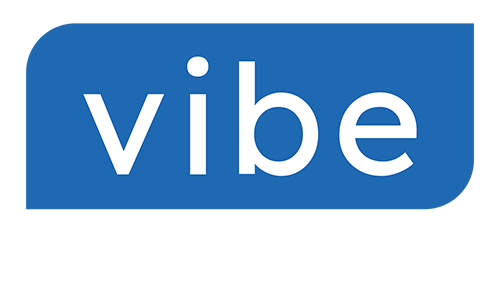Okay, let's pull back the curtain on what it really means to "own" property here in beautiful British Columbia. You might have a Land Title Certificate with your name on it, and the keys to your castle, but the concept of land ownership is a bit more layered than many of us think. It's a fascinating journey from the Crown down to your specific type of home, so let's dive in!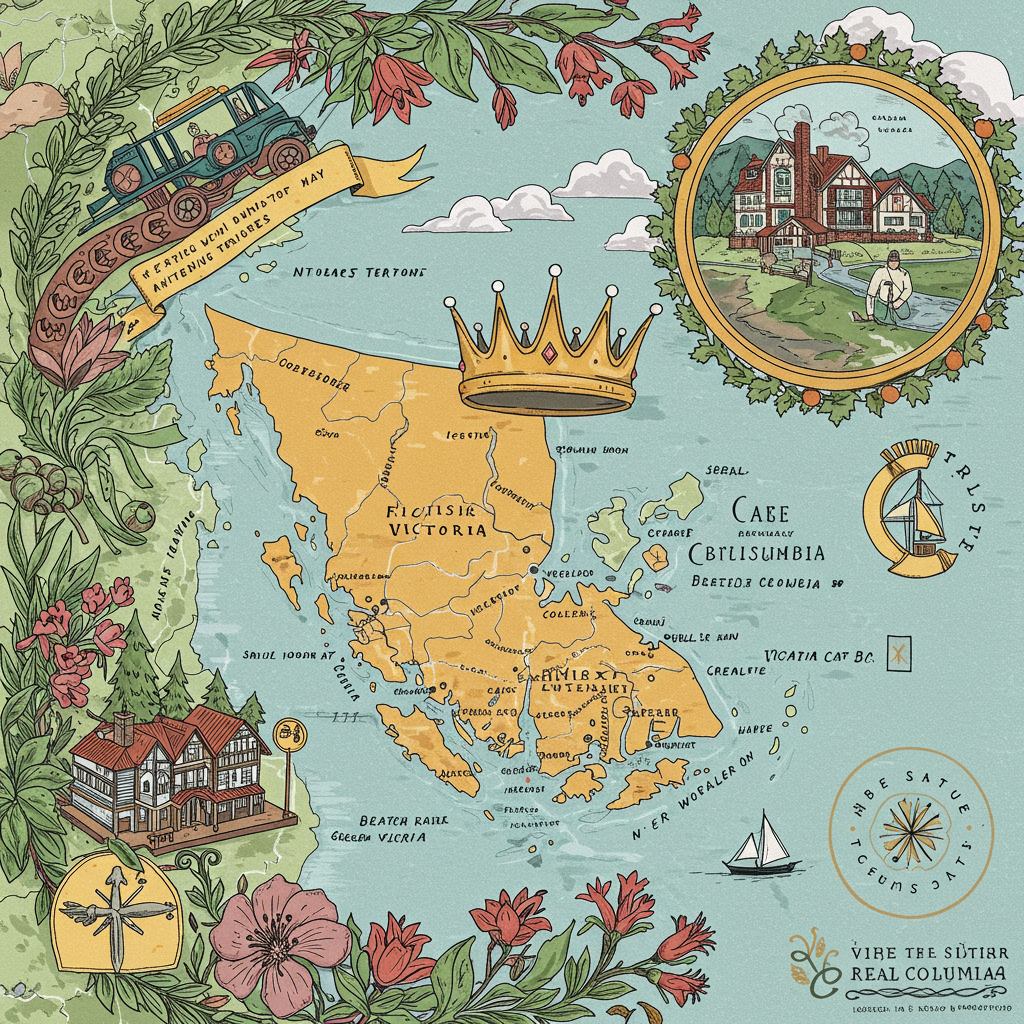
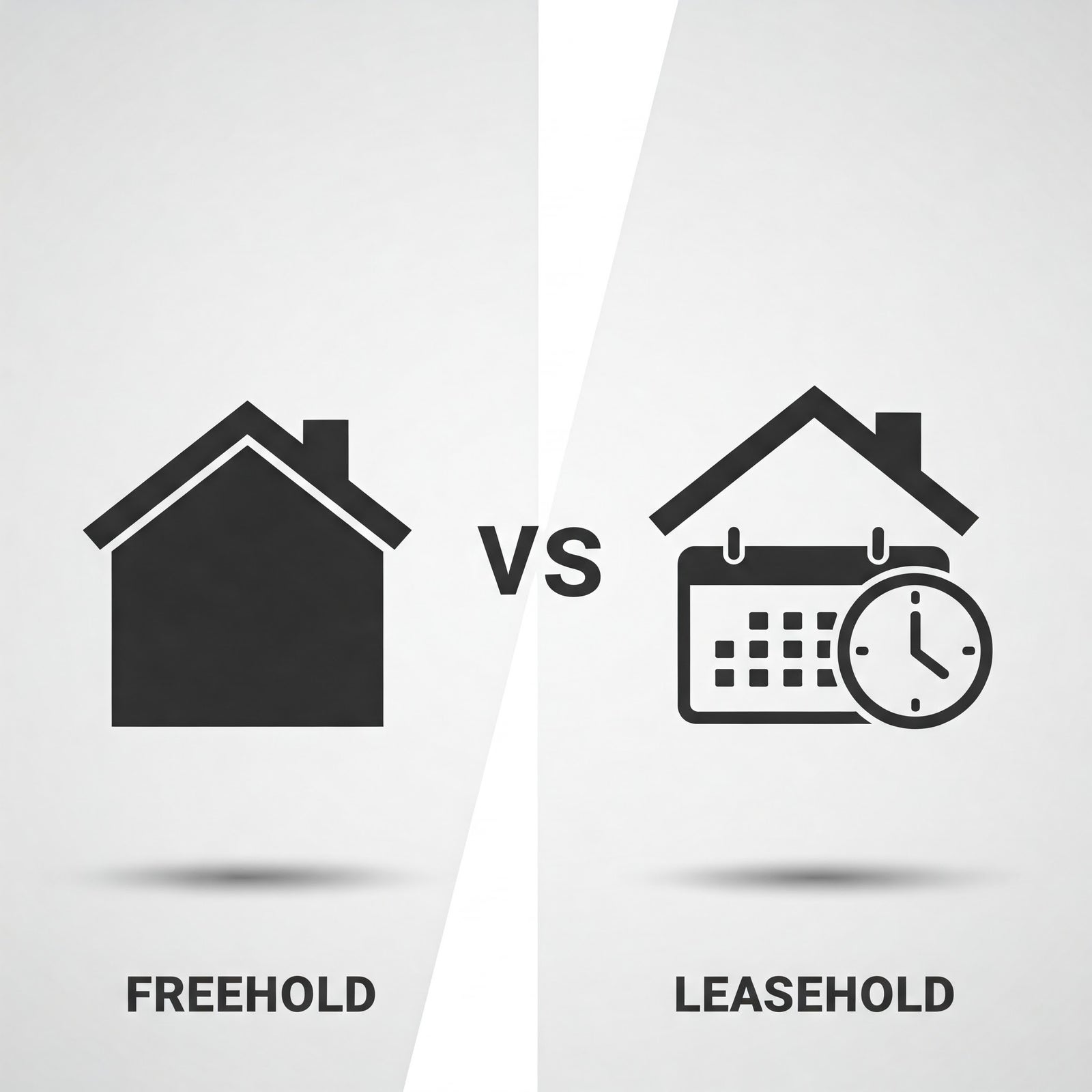
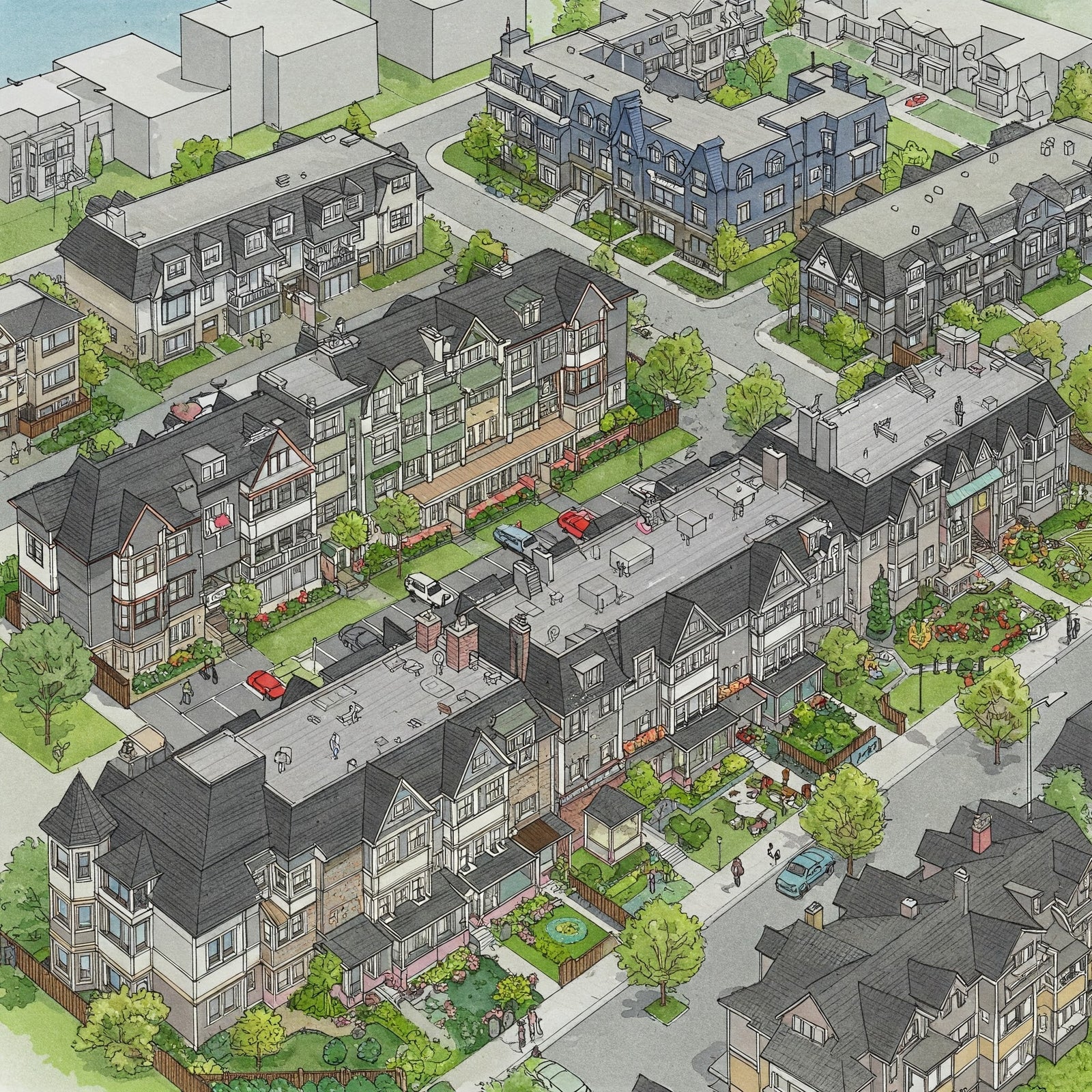
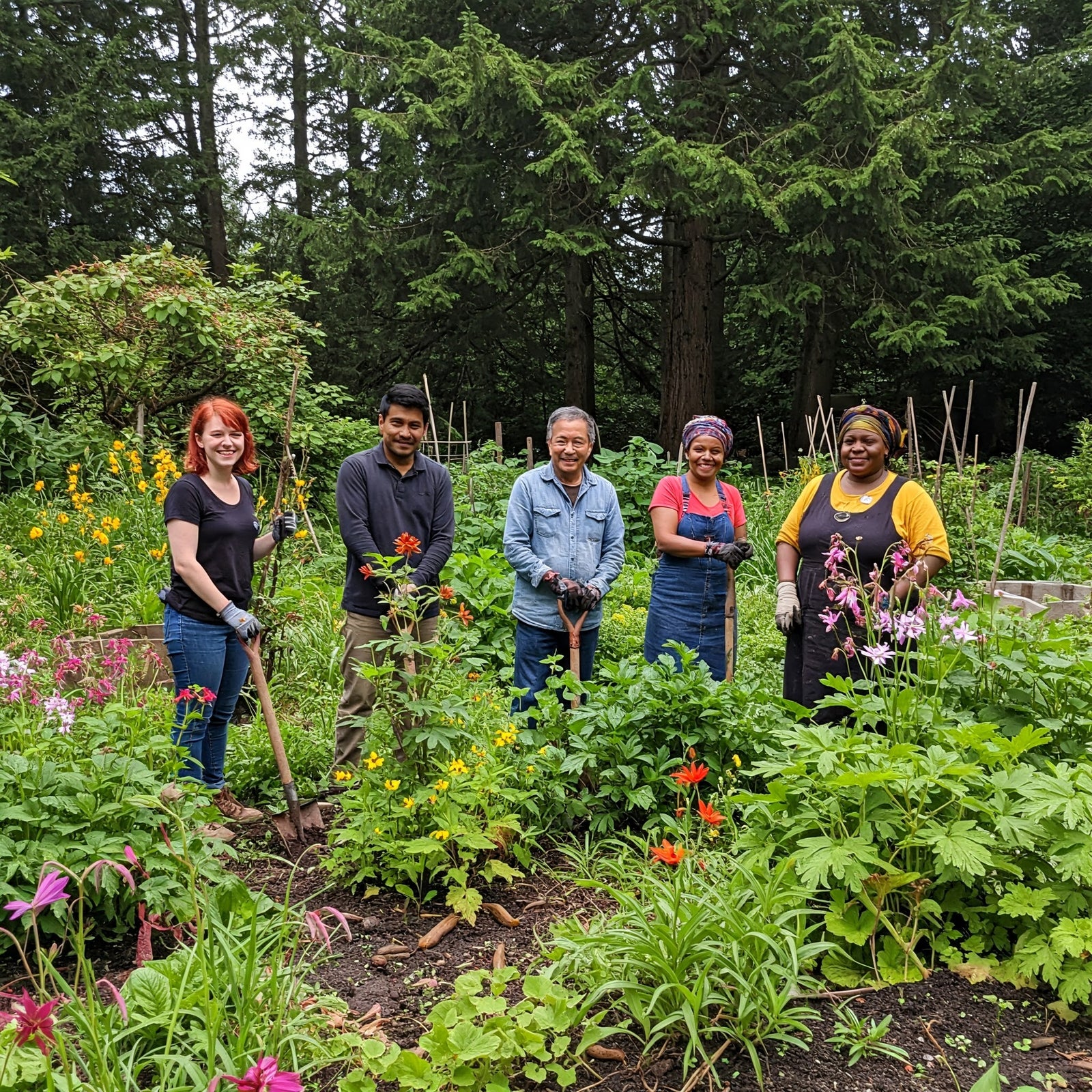

The Crown Jewels: Who Really Owns the Land?
Here's a fun fact that might surprise you: in British Columbia (and indeed, across Canada), the underlying title to all land is technically held by the Crown. Think of it as the ultimate landlord! When you "buy" property, you're actually acquiring an interest or tenure in that land from the Crown, granting you specific rights to use and occupy it. This system has its roots in English Common Law.This doesn't mean his Majesty is going to pop by for tea unannounced (though we'd certainly offer a cuppa if he did!). It simply means the government retains underlying ownership and has the right to expropriate land for public purposes (with compensation, of course) and to impose regulations and taxes.It's also important to acknowledge the unique context of First Nations land. While historically the Crown asserted blanket ownership, this is a complex area. Aboriginal title and rights are recognized and affirmed in Canada. Some lands are held by First Nations under treaties or specific claim agreements, and operate under their own governance structures. Other areas are traditional territories where Aboriginal title may not have been ceded. So, while much land tenure flows from the Crown, First Nations lands have a distinct and constitutionally protected status. As REALTORS®, we navigate these underlying principles and specific land statuses every day when helping clients buy and sell property listed on the MLS®.
Freehold vs. Leasehold: The Two Big Kids on the Block
When you acquire property, your interest will generally fall into one of two main categories: freehold or leasehold.Freehold: The Closest Thing to "Owning It All"
A freehold interest is the most common type of property ownership in Victoria and what most people think of when they say they "own" their home.- What it means: You own the property and the land it sits on for an indefinite period. You have the right to use it, enjoy it, sell it, or pass it on to your heirs. It's the most complete form of ownership interest available to an individual.
- Pros:
- Greater control: You can generally make changes to your property (subject to municipal bylaws and any strata rules, which we'll get to!).
- Potential for appreciation: As the land value increases, so does the value of your freehold interest.
- Security of tenure: No landlord can end your ownership as long as you abide by the laws (like paying your property taxes!).
- Cons:
- Higher upfront cost: Typically more expensive than leasehold properties.
- Full responsibility: You're responsible for all maintenance, repairs, and property taxes.
- Still subject to the Crown: And, as mentioned, subject to various levels of government regulations and rights (like zoning bylaws from the City of Victoria or other municipalities within the Capital Regional District.
Leasehold: Renting the Land, Owning the Building (Sort Of)
Leasehold ownership means you own the right to use the land and its improvements for a specific, predetermined period (the "lease term"). The underlying land is owned by someone else (this can be the Crown, a municipality, a First Nation holding title or specific land rights, or a private developer).- What it means: You buy the right to occupy and use the property for a set number of years (e.g., 99 years is common). At the end of the lease term, the land and often the improvements revert to the landowner, unless a new lease is negotiated.
- Pros:
- Lower upfront cost: Leasehold properties can be significantly more affordable to purchase initially compared to freehold.
- Access to desirable locations: Sometimes found in prime areas where freehold land is scarce or extremely expensive. You'll see leasehold properties on some First Nations lands in our region (administered under specific federal legislation and agreements) or in certain private developments.
- Cons:
- Finite term: The lease has an expiry date. As the lease term shortens, the property's value may decrease, and it can be harder to sell or secure financing.
- Lease payments: You'll likely have ongoing lease payments (ground rent) to the landowner, in addition to property taxes and any strata fees.
- Restrictions: The lease agreement can impose restrictions on renovations, use, and subletting.
- Uncertainty at lease end: Renewing the lease isn't always guaranteed, and terms can change.

Diving Deeper: Strata, Co-op, and Fractional Ownership
Now, whether the underlying land interest is freehold or leasehold, it can be further divided into different forms of ownership, especially when we're talking about apartments, townhouses, or shared properties.Strata Ownership: Sharing is Caring (and Governed by Rules!)
Strata ownership is incredibly common here in Victoria, especially for condominiums and townhouses. It's a system that allows for individual ownership of a "strata lot" (your unit) and shared ownership of "common property" (like hallways, elevators, recreational facilities, and the land itself).- Governed by: The Strata Property Act of British Columbia, along with the strata corporation's specific bylaws and rules.
- Underlying tenure: Can be either freehold strata (where the strata corporation has a freehold interest in the land) or leasehold strata (where the strata corporation's interest in the land is leasehold for a set term).
- What it means: You own your individual unit (your strata lot) and a share in the common property. You become a member of the strata corporation, which is responsible for managing and maintaining the common property and enforcing bylaws.
- Pros:
- Shared costs: Maintenance and repair of common property are covered by monthly strata fees paid by all owners.
- Amenities: Often access to amenities you might not afford on your own (pools, gyms, etc.).
- Potentially more affordable: Often a lower entry point into the market than a detached freehold house.
- Less individual maintenance: The strata takes care of landscaping, exterior building maintenance, etc.
- Cons:
- Strata fees: Monthly payments that can increase over time.
- Bylaws and rules: Can restrict things like pets, rentals, renovations, and even the colour of your curtains!
- Special levies: Unexpected major repairs (new roof, elevator replacement) can result in large, one-time payments (special levies) if the contingency reserve fund is insufficient.
- Shared decision-making: You have a say, but decisions are made by majority vote, which may not always align with your personal preferences.
- Density: You're living in closer proximity to your neighbours.

Co-operative (Co-op) Housing: Members, Not Tenants
Co-operative housing is a less common but distinct form of tenure. Instead of buying real property directly (like a strata lot), you buy shares in a corporation that owns the building and land (or holds a long-term lease on it). This share ownership entitles you to occupy a specific unit.- Underlying tenure: The co-operative corporation typically holds a freehold interest in the property, or sometimes a long-term lease.
- What it means: You are a member of the co-op, not a tenant in the traditional sense, nor a direct owner of a strata lot. Decisions about the property and its management are typically made democratically by the members.
- Pros:
- Affordability: Often more affordable than traditional homeownership, with monthly housing charges (similar to rent/strata fees) set to cover operating costs rather than generate profit.
- Community focus: Strong emphasis on community living and member participation.
- Security of tenure: Members usually have the right to live in their unit for as long as they wish, provided they follow the co-op's rules and pay their housing charges.
- Cons:
- Financing challenges: Obtaining a loan to purchase a co-op share can be more difficult than for a strata property, as traditional lenders are sometimes warier of this structure. The loan is secured by the shares, not by a traditional mortgage on real property.
- Resale limitations: The co-op's rules may restrict how you can sell your shares, and the selling price might be controlled to maintain affordability. Board approval of new members is common.
- Sweat equity/participation: Members are often expected to contribute to the running of the co-op (e.g., serving on committees, participating in maintenance).
- Limited equity growth: Some co-ops are designed to limit the profit members can make when they sell their shares, prioritizing ongoing affordability.

Fractional Ownership: Sharing a Slice of the Pie (Often a Vacation Pie 🍰)
Fractional ownership allows multiple individuals to share the ownership of a single property, typically a vacation home or luxury asset, though it can apply to other types of real estate. Unlike a timeshare where you buy time, with fractional ownership, you typically buy a fractional interest in the title to the actual property.- Underlying tenure: Can be freehold or leasehold, depending on the property itself.
- What it means: You own a fraction (e.g., 1/4, 1/8, 1/12) of the property interest, which usually grants you a certain amount of usage time each year. Management and maintenance are typically handled by a management company, with costs shared among the owners.
- Pros:
- Access to desirable properties: Makes owning an interest in a high-value property more affordable by splitting the cost.
- Deeded interest: You have an actual ownership interest that can be sold, willed, or transferred (subject to the ownership agreement).
- Shared operating costs: Maintenance, property taxes, and management fees are divided among the owners.
- Professional management: Often includes hassle-free maintenance and upkeep.
- Cons:
- Limited personal use: Your usage time is restricted according to your ownership share and the scheduling system.
- Resale challenges: Selling your fraction can sometimes be more difficult than selling a wholly-owned property, as the market is more niche.
- Management fees: Ongoing fees for property management can be significant.
- Shared decision-making/potential for conflict: Decisions about property upgrades, rules, or selling the entire property require agreement among owners.
- Not always a primary residence solution: While it can be, it's more commonly associated with secondary or vacation homes.

